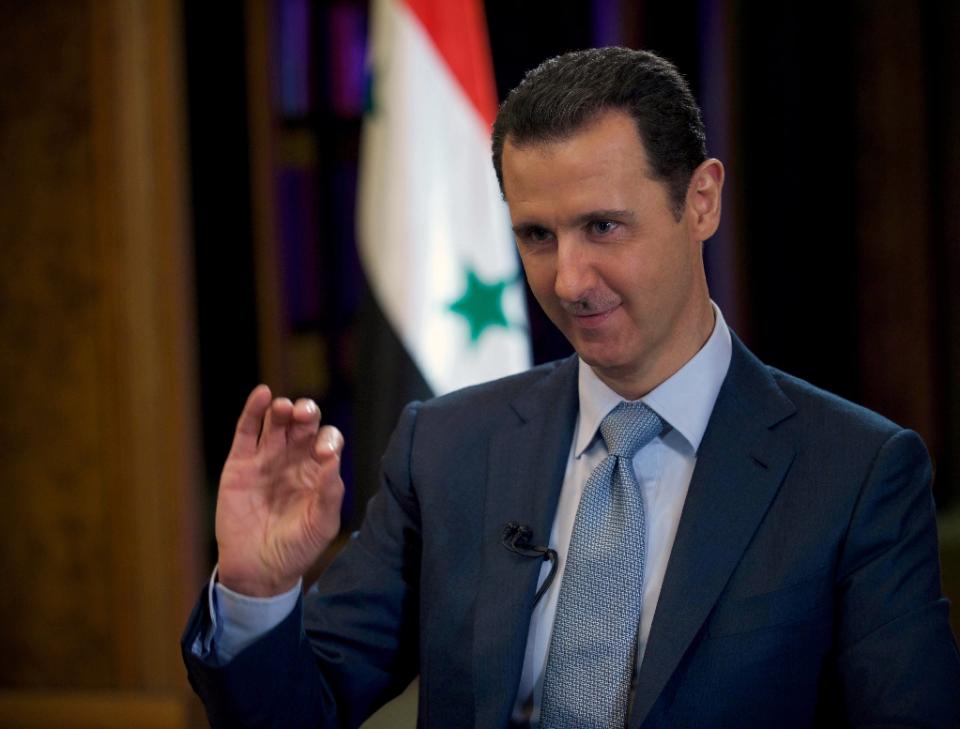 Syria’s main domestic and exiled opposition groups said Friday they had agreed a joint draft roadmap for the first time calling for a transitional governing body and an end to the brutal conflict.
Syria’s main domestic and exiled opposition groups said Friday they had agreed a joint draft roadmap for the first time calling for a transitional governing body and an end to the brutal conflict.
“This is the first time that we have an agreement between both organisations, the Coalition and the NCCDC,” said Khalaf Dahowd, a member of the NCCDC’s executive bureau.
Dahowd said representatives from the two opposition groups met in Paris between Sunday and Tuesday, at talks hosted by France but carried out without international involvement.
“It was Syrian-Syrian. There was no foreign power involved. No one was in our meetings, and that was very good,” he told AFP.
He said the two sides had agreed a draft document based on UN Security Council resolutions on Syria and the so-called Geneva communique that emerged from peace talks in the Swiss city in 2012.
In a statement, the National Coalition said the document “specifies that the primary goal of negotiations with the Assad regime is to establish a civil, democratic, pluralistic system that ensures equal rights and duties for all Syrians.”
“It stresses that a regional and international consensus is needed for negotiations to succeed,” the statement added.
The National Coalition is the key political representative of Syria’s opposition and is officially recognised by much of the international community.
It has participated in several rounds of failed peace talks and insists that Syria’s President Bashar al-Assad must step down in any resolution of the country’s nearly four-year-old conflict.
The NCCDC, which is also known as the National Coordination Body, is part of the country’s small so-called “tolerated” opposition, operating inside Syria under tight restrictions.
The two opposition groups met in Cairo in January, but the Coalition was only represented informally, and no agreement emerged.
A key sticking point in peace talks has been the future of Assad.
The Coalition insists he must step down, while the NCCDC has called for a transitional body, without referring specifically to Assad’s role.
Dahowd said the draft document referenced the Geneva communique’s call for a transitional body with full powers.
“The Geneva communique talks about a transitional government body that should have full power, so that includes executive powers,” he said.
The meeting drew praise from Washington, a key backer of the Coalition.
“The effort reflects the moderate opposition’s ongoing work for a democratic, pluralistic, united Syria that fully respects the state of law and the rights of every citizen through a negotiated process consistent with the principles of the Geneva communique,” State Department spokeswoman Jen Psaki said Thursday.
Related Pictures:































